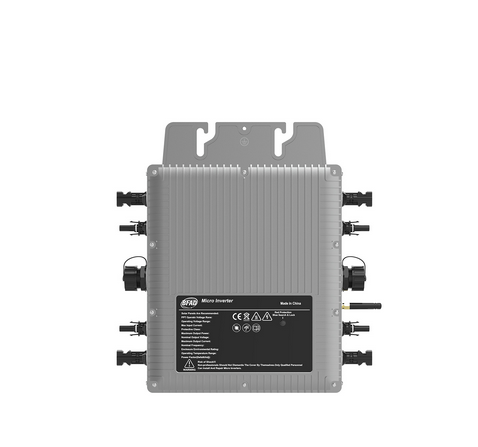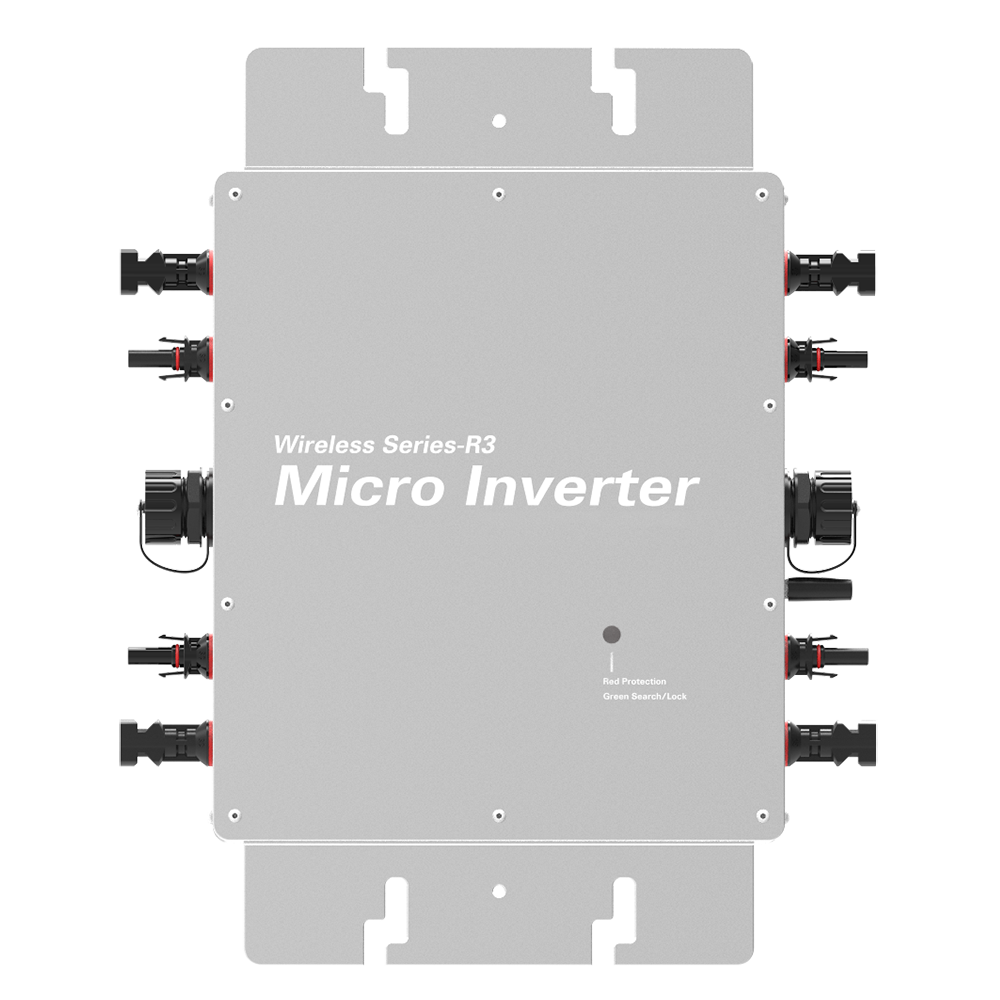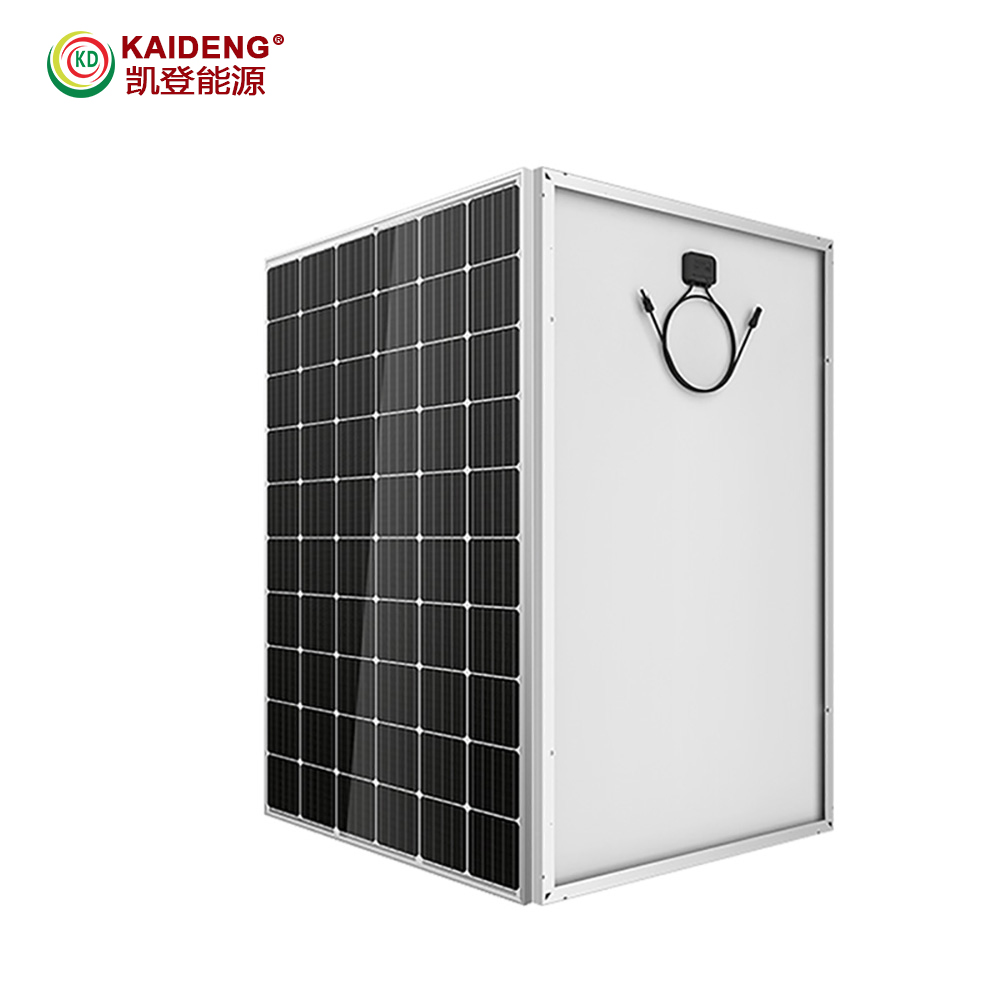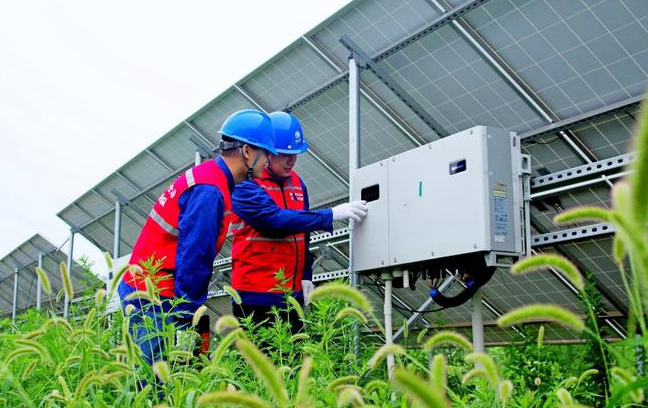Inverter is the key equipment to convert direct current into alternating current, which is widely used in solar power generation system, wind power generation system, electric vehicle charging system and other fields. In order to ensure the safety performance and reliability of the inverter, a series of safety tests are required. Common inverter safety tests include:

Input voltage test
Test whether the inverter can work normally within the specified input voltage range to ensure that the inverter can adapt to different power supply environments.
Output voltage stability test
Test whether the output AC voltage of the inverter is stable and whether the waveform meets the standard to ensure that the output voltage of the inverter can meet the working requirements of the electrical equipment.
Overload capability test
Test whether the inverter can withstand short periods of overload under rated operating conditions to ensure that the inverter will not be damaged when the sudden load increases.
Short-circuit protection test
Test whether the inverter can cut off the output circuit in time when a short circuit occurs at the output end to prevent damage to the inverter and connected equipment.
Overtemperature protection test
Test whether the inverter can effectively protect itself when working for a long time or when the ambient temperature is too high to prevent overheating damage.
Insulation performance test
Test whether the insulation performance of the inverter meets the standard requirements to ensure that there will be no safety accidents such as short circuit or electric shock during the working process of the inverter.
Lightning protection test
Test whether the inverter has lightning resistance to ensure that the inverter will not be damaged in lightning weather.
EMC (Electromagnetic Compatibility) test
Test whether the inverter can work normally in an electromagnetic environment without interference or interference to ensure the normal use of the inverter and other equipment.
The safety test of the inverter is an important part of ensuring its stable and reliable operation. Only through strict testing can we ensure that the inverter will not have safety accidents in practical applications and ensure the safety of people's lives and property. Therefore, when designing, producing and installing inverters, relevant standards and specifications must be strictly observed to ensure that the safety performance of inverters meets the requirements.



